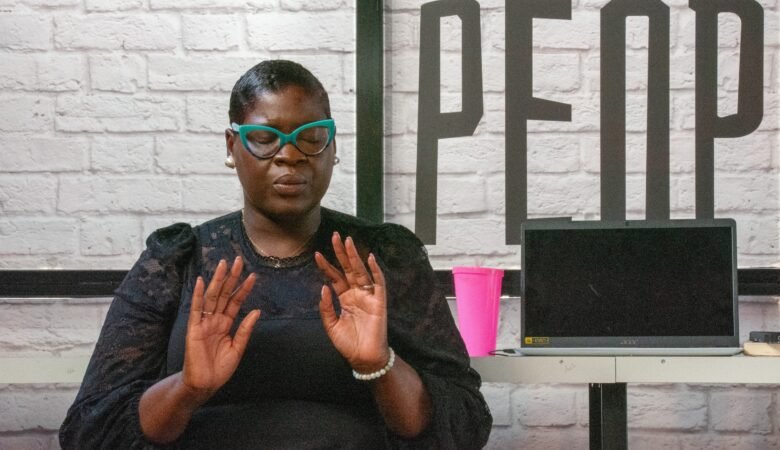Healing: The Journey to Wholeness
Healing is a transformative journey that takes time, effort, and a deep understanding of one’s self. It is not just about recovering from physical ailments but encompasses emotional, mental, and spiritual restoration. For many, the process of healing begins with a recognition of the need for change, a realization that something within requires attention. Whether it’s overcoming past trauma, learning to manage stress, or finding balance in life, healing is a vital part of human growth and well-being. At the heart of healing lies self-awareness. Without understanding what has caused pain or imbalance in our lives, it is difficult to move forward. Healing begins with acknowledgment. We must first honor our struggles and vulnerabilities. It’s important to recognize that pain, whether emotional, physical, or psychological, is part of being human. It doesn’t define us, but it can shape us in ways we may not fully understand yet. The journey to healing often requires us to let go. Letting go of old patterns, beliefs, and habits that no longer serve us is essential for growth. It’s a process of unburdening ourselves from the weight of past experiences and embracing a mindset of renewal. This can be a daunting task, as letting go requires us to confront uncomfortable emotions, face our fears, and, at times, challenge our own perceptions. Yet, this is precisely where the magic happens. By shedding old layers, we make space for new, healthier ways of thinking and being. Healing is not linear. It doesn’t happen overnight, nor does it follow a clear path. There are days when we feel empowered, and others when we may take a step back. But each day contributes to the larger picture, and each small step is worth celebrating. It’s important to remember that healing is a personal process—it does not look the same for everyone. While one person may find peace in solitude, another might find strength in seeking help. There is no “right” way to heal, only what works best for you. Support plays a pivotal role in the healing process. Whether it’s from family, friends, or professional help, having someone to walk with you through your struggles can make a world of difference. A coach, therapist, or trusted confidant can offer new perspectives, encouragement, and tools to aid in the healing process. They help us see beyond the present moment, encouraging us to look toward the future with hope and confidence. One of the most powerful aspects of healing is self-compassion. Often, we are our own harshest critics. We judge ourselves for not being “strong enough” or “good enough.” But healing requires us to be kind to ourselves. It’s about understanding that we are worthy of love and care, even when we feel broken. Treating ourselves with compassion creates a foundation upon which true healing can flourish. Ultimately, healing is about returning to wholeness. It is about reconnecting with the essence of who we are, without the layers of pain, fear, and self-doubt that we have accumulated over time. As we heal, we become more aligned with our true selves, more capable of embracing life with authenticity, love, and resilience. If you are on a healing journey, know that you are not alone. You have the power within you to create a life that is whole, balanced, and fulfilling. Healing takes time, but with patience, self-awareness, and support, you can emerge stronger and more at peace with yourself.


